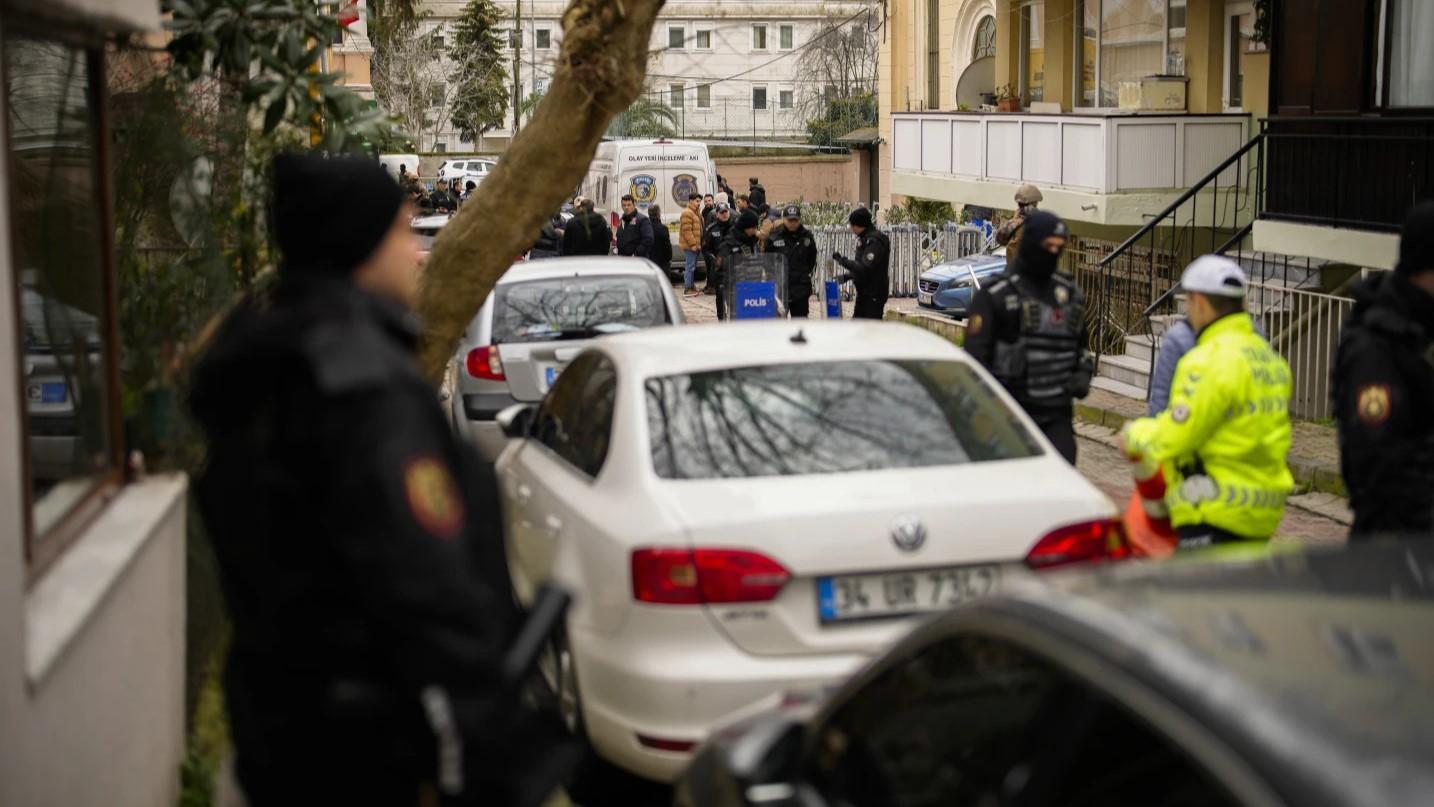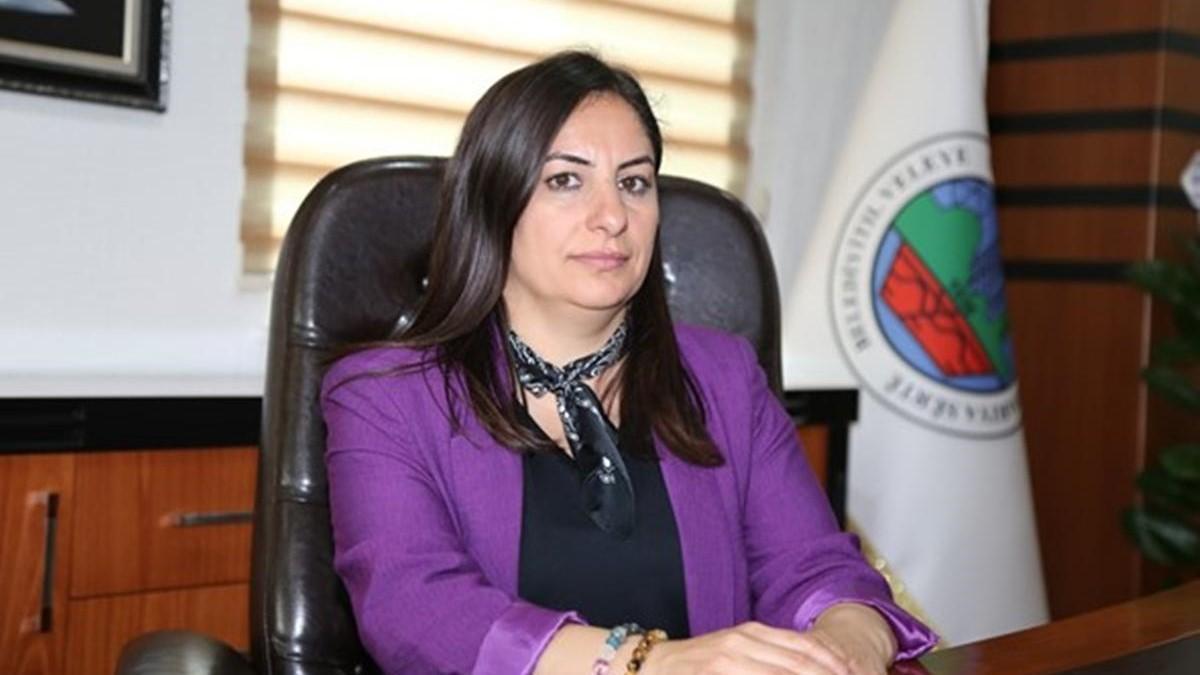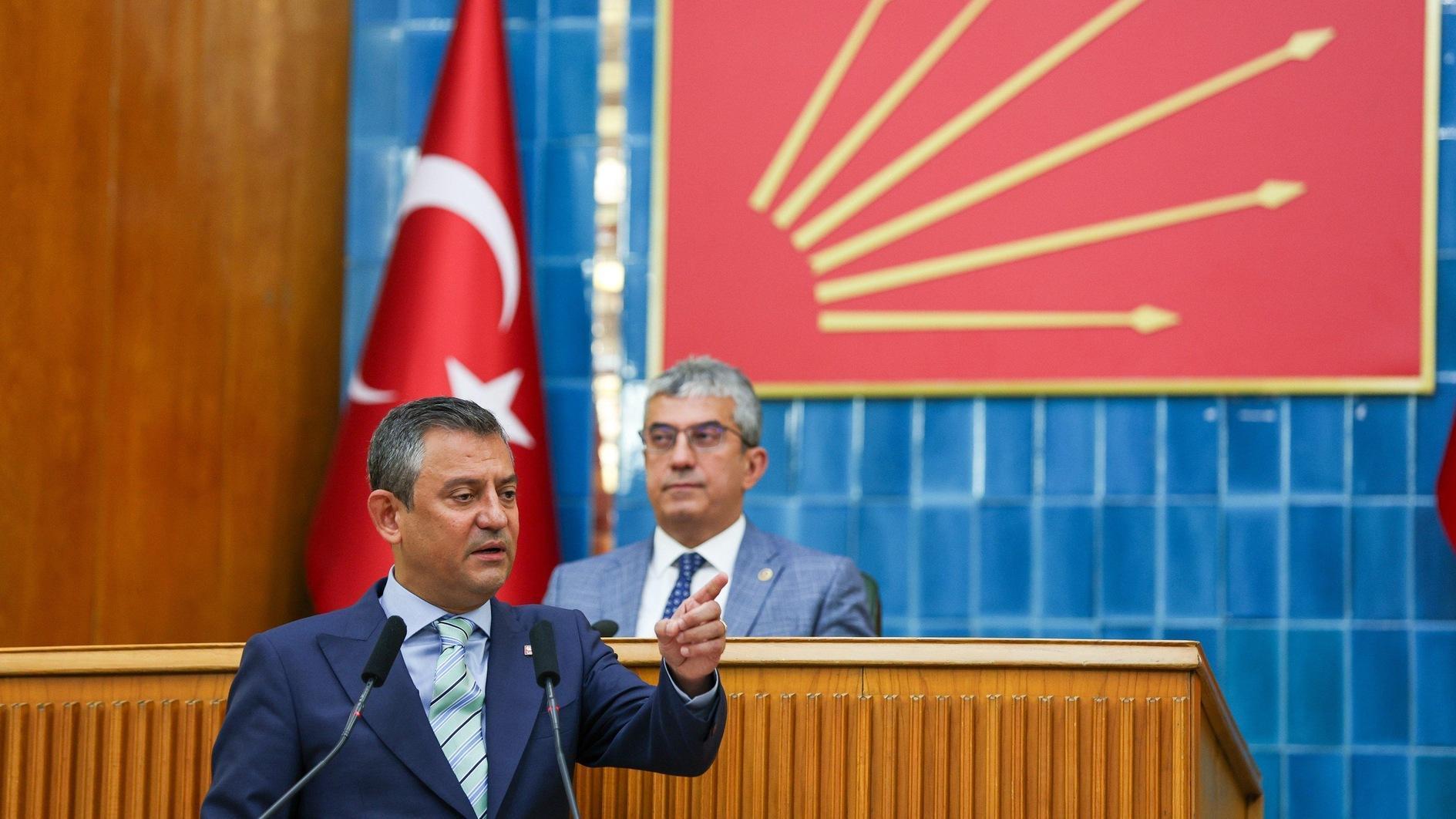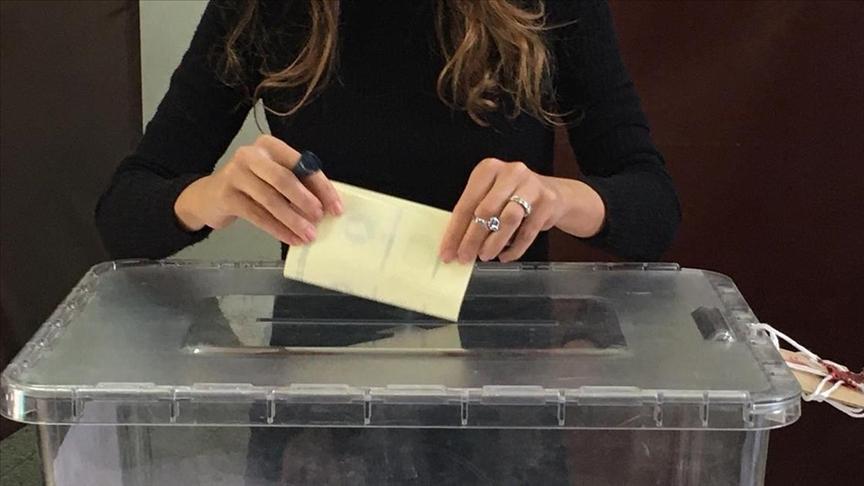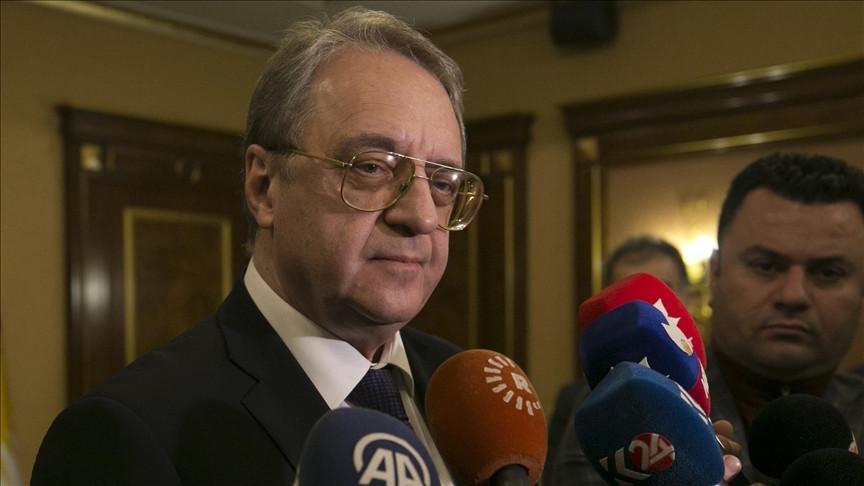The Russian crisis vs. the official ideology
The downing of a Russian war plane by the Turkish air force on the Turkish-Syrian border on Nov. 24 opened a new chapter in Turkey’s political discussions. The response by Russia, especially President Vladimir Putin, has been very rigid and harsh, waking many Turks, especially the pro-government ones, up to the “Russian threat.” We are now reading articles in the pro-government media about Russia’s imperial ambitions and how it destabilizes the world around us. We are seeing a sudden sympathy with NATO, the United States and “the West” in general.
This is a bit strange, because the official ideology of the past 2.5 years, since the Gezi Park protests of June 2013, has focused on the West’s endless conspiracies against the “New Turkey.” Accordingly, the Western world was very worried about the independent, powerful and defiant country that President Tayyip Erdoğan was building. It was “them” who destroyed the Ottoman Empire a century ago (and not any flaw of the Ottomans themselves), and it was again “them” who were alarmed to see the reincarnation of Ottoman majesty under the leadership of the Justice and Development Party (AKP).
This official ideology came from the very top and trickled down as relentless propaganda by the ever-growing pro-government media. Accordingly, the West’s conspiracies against Turkey were most heinous because of the fifth columns inside the country: The Gezi Park protestors, the Gülen Movement, the liberals and even the Kurdish nationalist. All these opposition circles were merely pawns of a vague Western cabal formed by Zionists, Orientalists, bankers, Islamophobes, freemasons, etc. Hence, the argument went on, and the government had the right to crack down on all the “traitors” to save Turkey’s “independence.”
Meanwhile, the proponents of the same official ideology tended to sympathize with other authoritarian regimes (or illiberal democracies) with a similarly conspiratorial worldview and a hierarchical political culture. Putin’s Russia was at the top of the list. Putin was praised by pro-government writers, even official advisors, as a tough leader who does not bow down to the masters of the universe. Putin, in reverse, hailed Erdoğan, as the latter recently reminded, as “brave and bold.”
It is amazing how all that ideological narrative evaporated in the past two weeks. The crisis with Russia made many pro-government commentators recall that Turkey is a NATO member and that is a good thing. The entire tirade against Western conspiracies has disappeared, as Western statements of support for Turkey became the new theme of headlines.
That is perhaps a step forward for the masters of “New Turkey.” But changing the rhetoric about Western conspiracies with a new rhetoric about Russian conspiracies would not be a major contribution. What the government and its propaganda machine need to see is that their conspiratorial worldview, and the empty self-flattery behind it, is wrong.
If the Russian crisis needs to teach us something, it is that an un-institutionalized political system based on the power and charisma of a tough leader is not a good substitute for liberal democracy. The flirtation with such political systems might be tempting, but only until you make a mistake by your “treason,” which unleashes their mafioso methods of “revenge.” Turkey’s place should really be in the West, not merely out of security strategy, but mainly out of the need to move away from such patrimonial politics and rather head towards liberalism.



